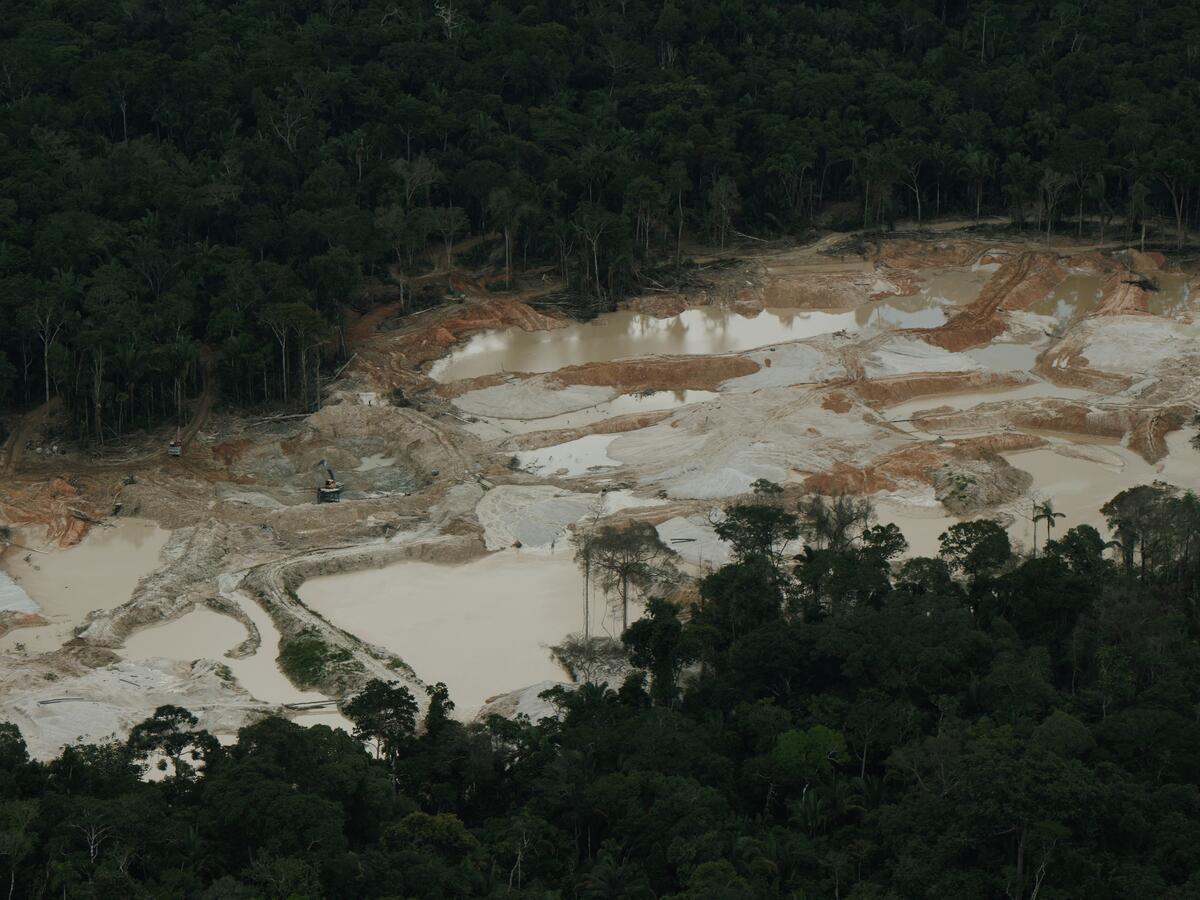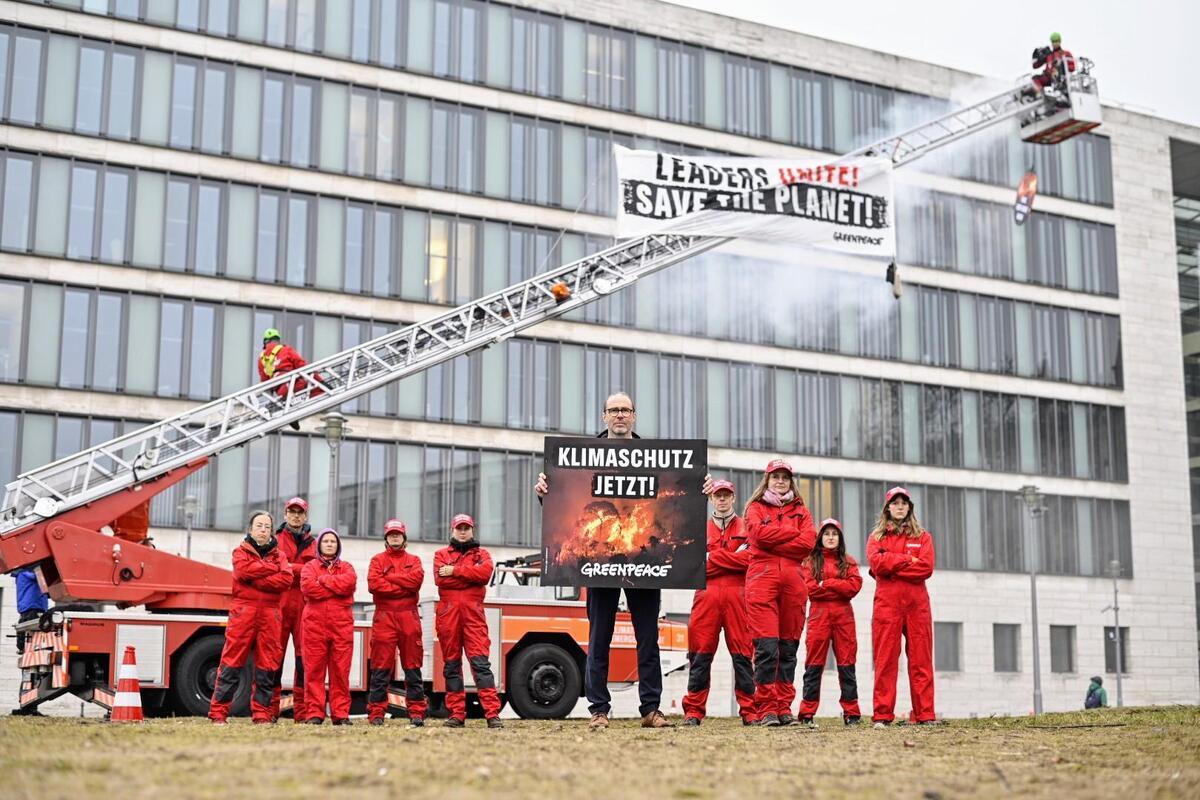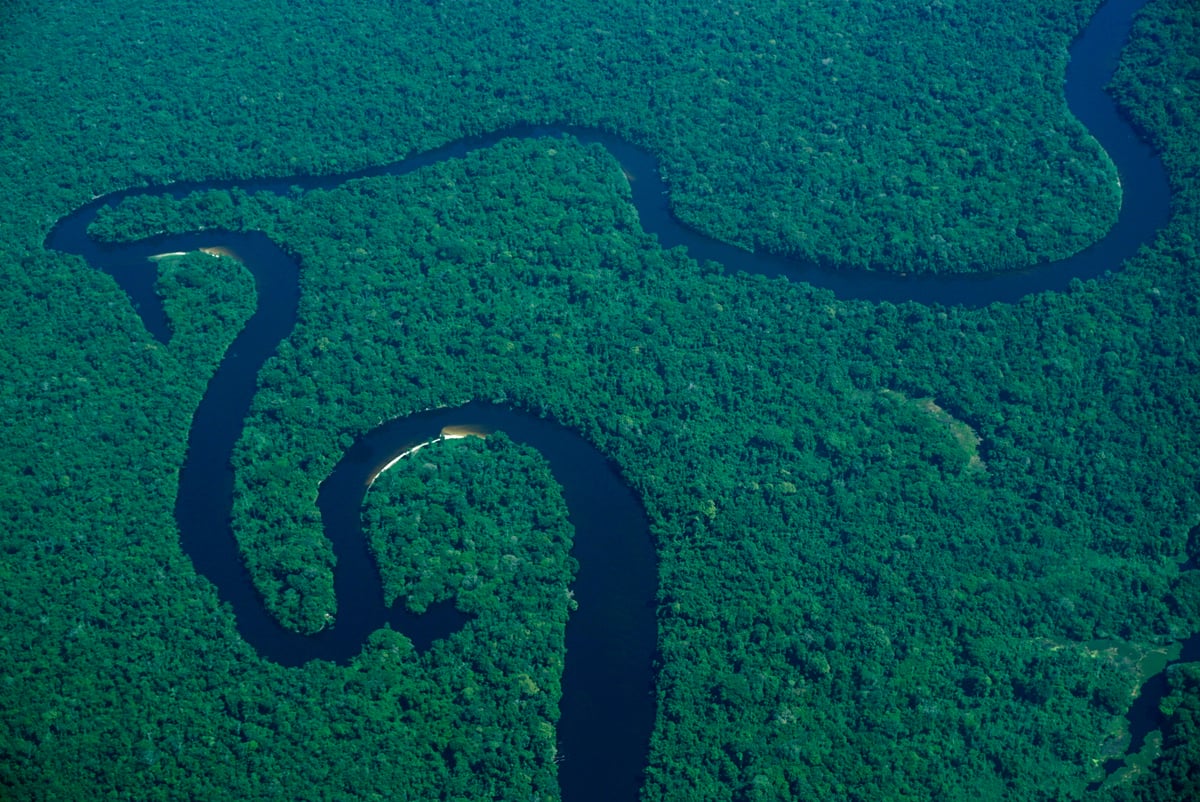“Ada asap berarti ada api” is an Indonesian saying which means, “there is no effect without a cause”. Essentially; there is no smoke without fire. And right now in my home in Indonesia, we are experiencing a lot of smoke, caused by many fires.
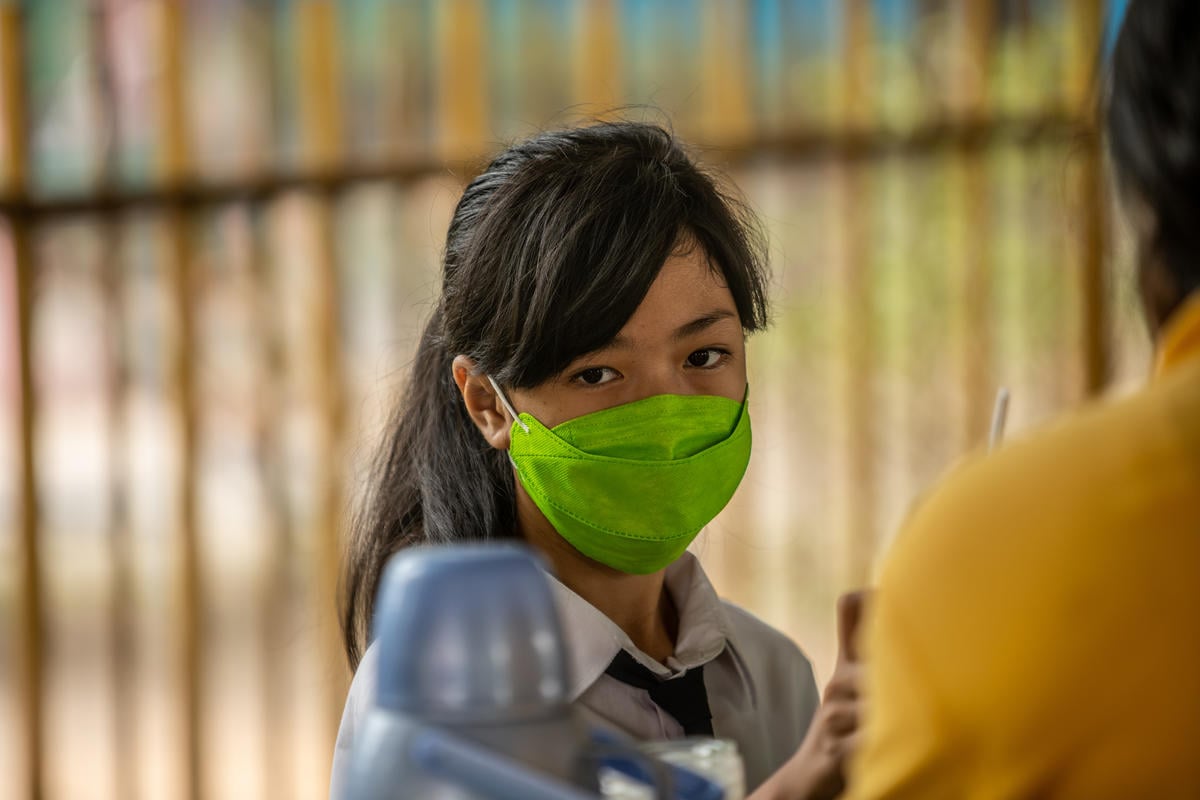
The fires and their smokey haze are causing health problems for people in Indonesia, Singapore, Malaysia, and the Philippines. They are also driving the climate catastrophe. This year alone, the fires in Indonesia have already emitted almost as much CO2 as the entire United Kingdom does in one year.
In September, with a heavy heart I wrote a story as Greenpeace stepped back from discussions with Wilmar, Unilever, Mondelez, and Aidenvironment to collaboratively create a credible, independent, and transparent monitoring platform. This platform would have allowed companies, non-governmental organisations, and other stakeholders to come together and monitor progress on no deforestation commitments. This would have meant calling out companies still engaging in deforestation and human rights exploitation, but allowing sustainable businesses to gain priority in global markets.
This was an opportunity for unlikely but powerful allies to build something that could not only have changed the impact of palm oil farming on forests in Southeast Asia, but also the impact of commodity trade on the rest of the world. Sadly, we could not even gain agreement on the basic elements of a credible, independent, and transparent monitoring platform. The research released today by Greenpeace International, may explain the reasons.
The fires blazing in Indonesia, that have placed nearly 10 million children at risk, are linked to companies widely considered to be “sustainability leaders” in palm oil. Greenpeace International’s research found that Unilever, Mondelez, Nestle, and P&G are each linked to nearly 10,000 fire hotspots in 2019 alone. Each company is also linked to nearly 200,000 hectares of land burned between 2015-2018. Does this look like progress? These companies do not appear to be serious about their deforestation commitments.
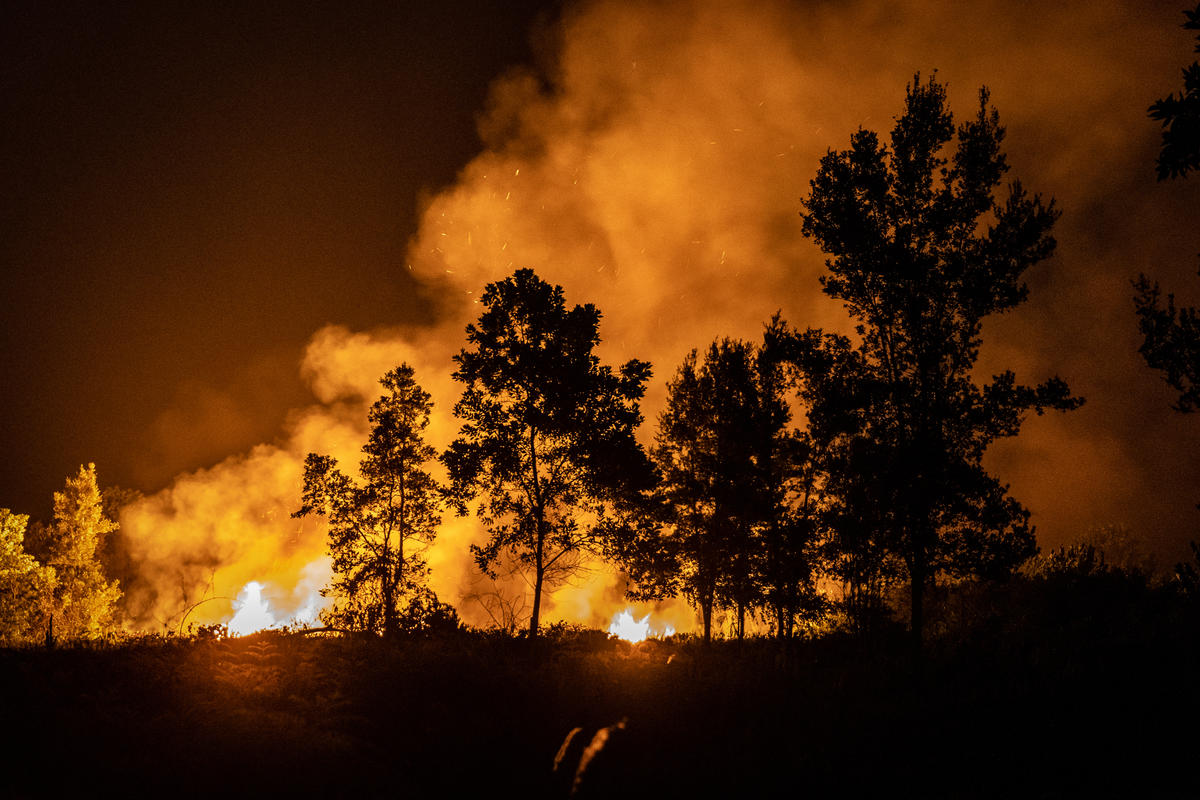
One specific incident involves Wilmar and GAMA, now rebranded as “KPN.” Following a global campaign by Greenpeace in 2013, Wilmar adopted a no deforestation, no peatland, no human exploitation (NDPE) policy to much global fanfare. However, rather than fully implementing these commitments and addressing outstanding problems, Wilmar sold its problematic concessions linked to fires, deforestation, or human rights abuses to other companies, most notably GAMA/KPN, described as ‘a clearinghouse for troublesome Wilmar subsidiaries’. Five years later in 2018, Greenpeace exposed that the companies that comprised GAMA were in fact controlled by Wilmar’s co-founder and his brother.
Wilmar wanted to have its cake and eat it too: it wanted to receive international praise for its sustainability commitments, while still profiting by buying from supplier groups driving deforestation. Following Greenpeace’s 2018 high profile global campaign, three major things changed: GAMA/KPN was suspended from Wilmar’s supply chain, Wilmar officially separated from Martua Sitorus, and Wilmar committed to a joint statement ensuring it would no longer be linked to supplier groups that were violating its NDPE policy. Unfortunately, soon after, Wilmar contracted the consultancy AidEnvironment – who was also contracted by GAMA/KPN – and by March 2019, Wilmar had decided to resume purchasing palm oil from GAMA/KPN “after consultation with Aidenvironment.”
So far this year, GAMA/KPN and Wilmar are directly linked to over 500 and 250 fires hotspots respectively, in Indonesia. But those dramatic figures tell only a small part of this story. Achieving zero deforestation – something Unilever, Mondelez, Wilmar and others committed to nearly a decade ago – means no longer purchasing from groups still engaged in deforestation. Therefore, if these companies are still purchasing from one subsidiary of a producer group that still profits from deforestation through other companies it owns, this does not help the forests, the climate, or the haze.
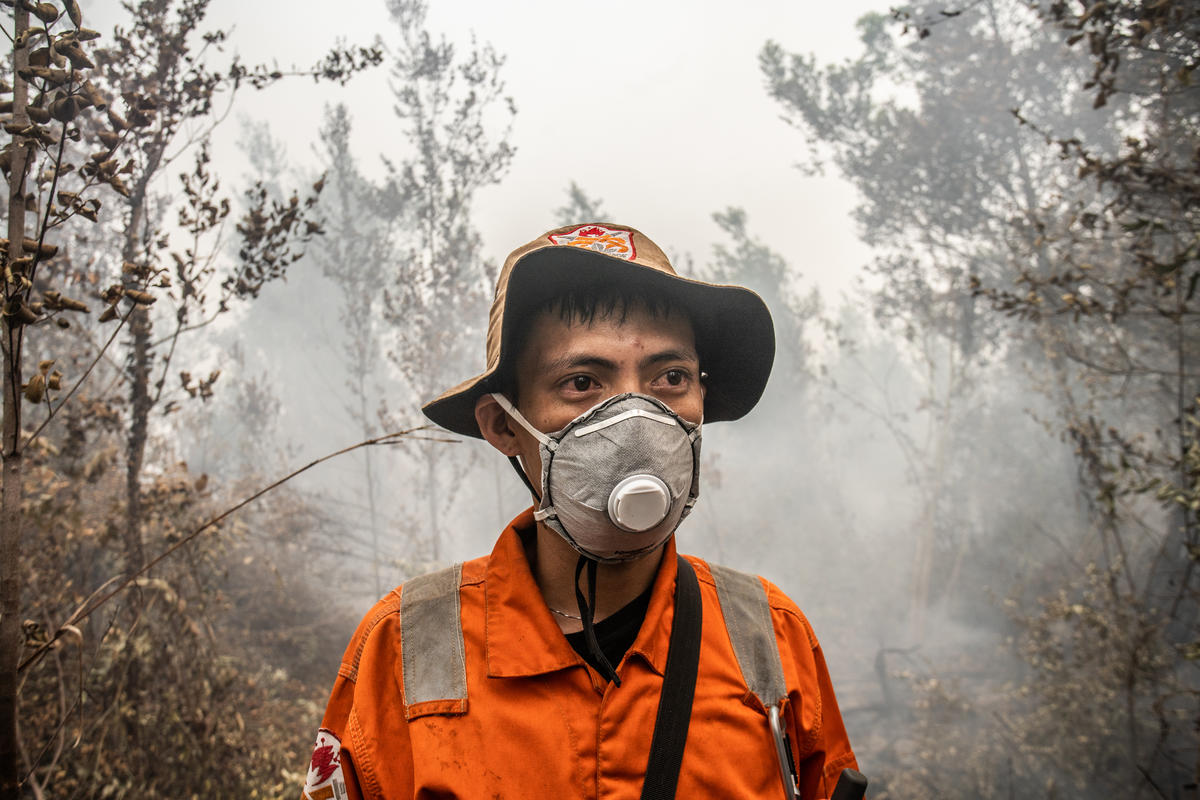
If you look beyond the direct suppliers and scrutinise the supplier groups, you will begin to understand why skies in my country have turned red. According to Greenpeace’s research, Unilever, Mondelez, Nestle, and P&G have ties to groups responsible for nearly 10,000 fires in Indonesia this year.
There is a saying within Greenpeace that we have no permanent allies and no permanent enemies. What we need right now are a few companies, and government leaders, brave enough to not only make commitments but to act on them. Companies that use palm oil in their products now face a stark choice: either force Cargill, Golden Agri-Resources (GAR), Musim Mas, Wilmar and other traders to limit their sourcing to what they can publicly demonstrate does not come from groups responsible for forest or other environmental destruction, or, if they are unwilling or unable to do what is needed to fix the global commodities trade, stop using such high-risk commodities entirely.
Annisa Rahmawati is a campaigner with Greenpeace Southeast Asia in Indonesia

